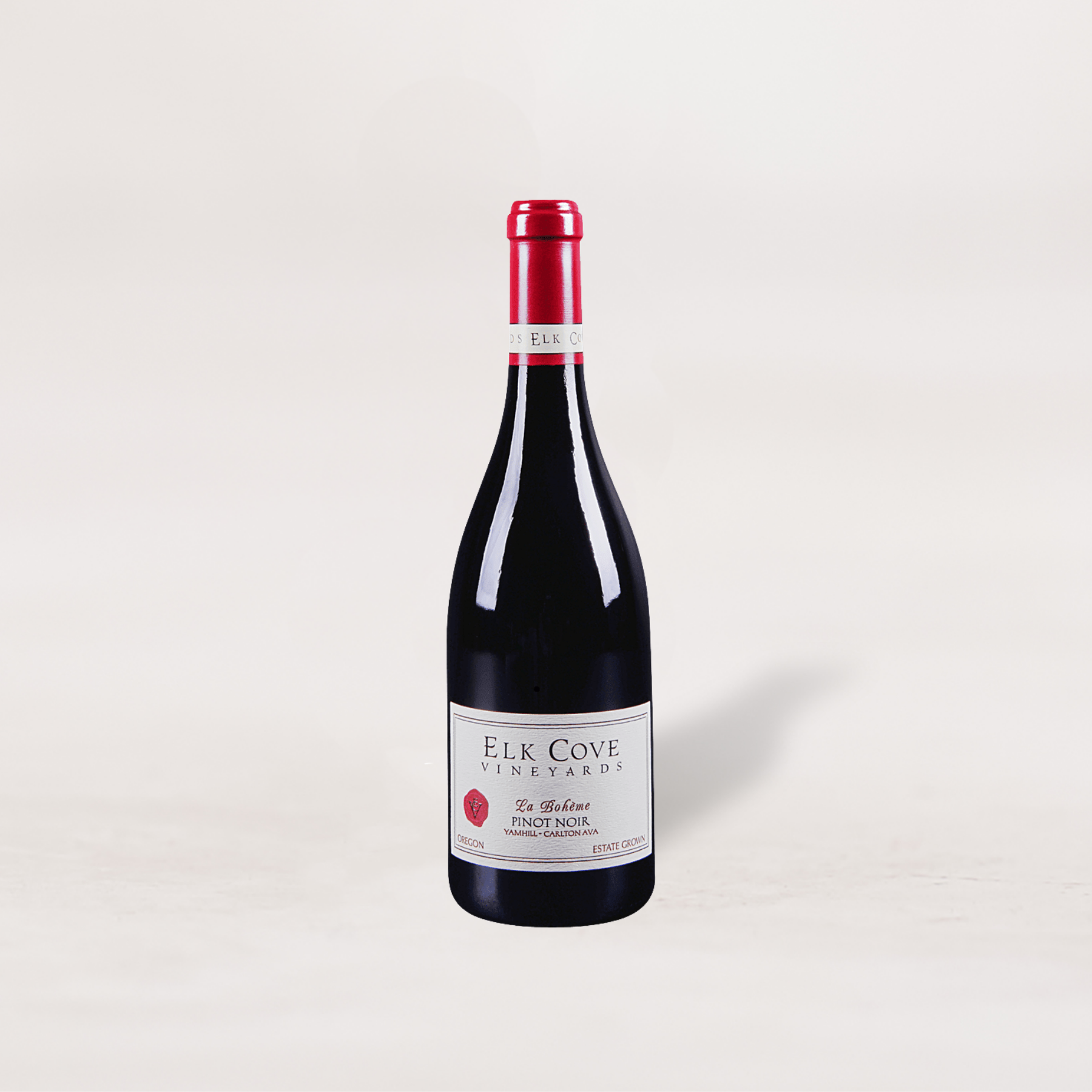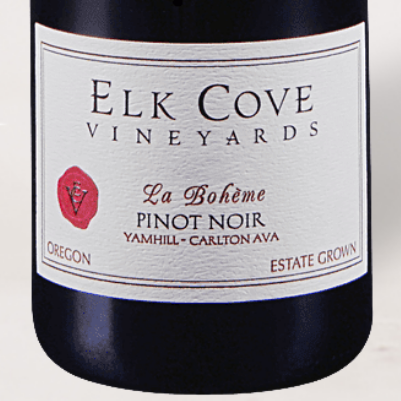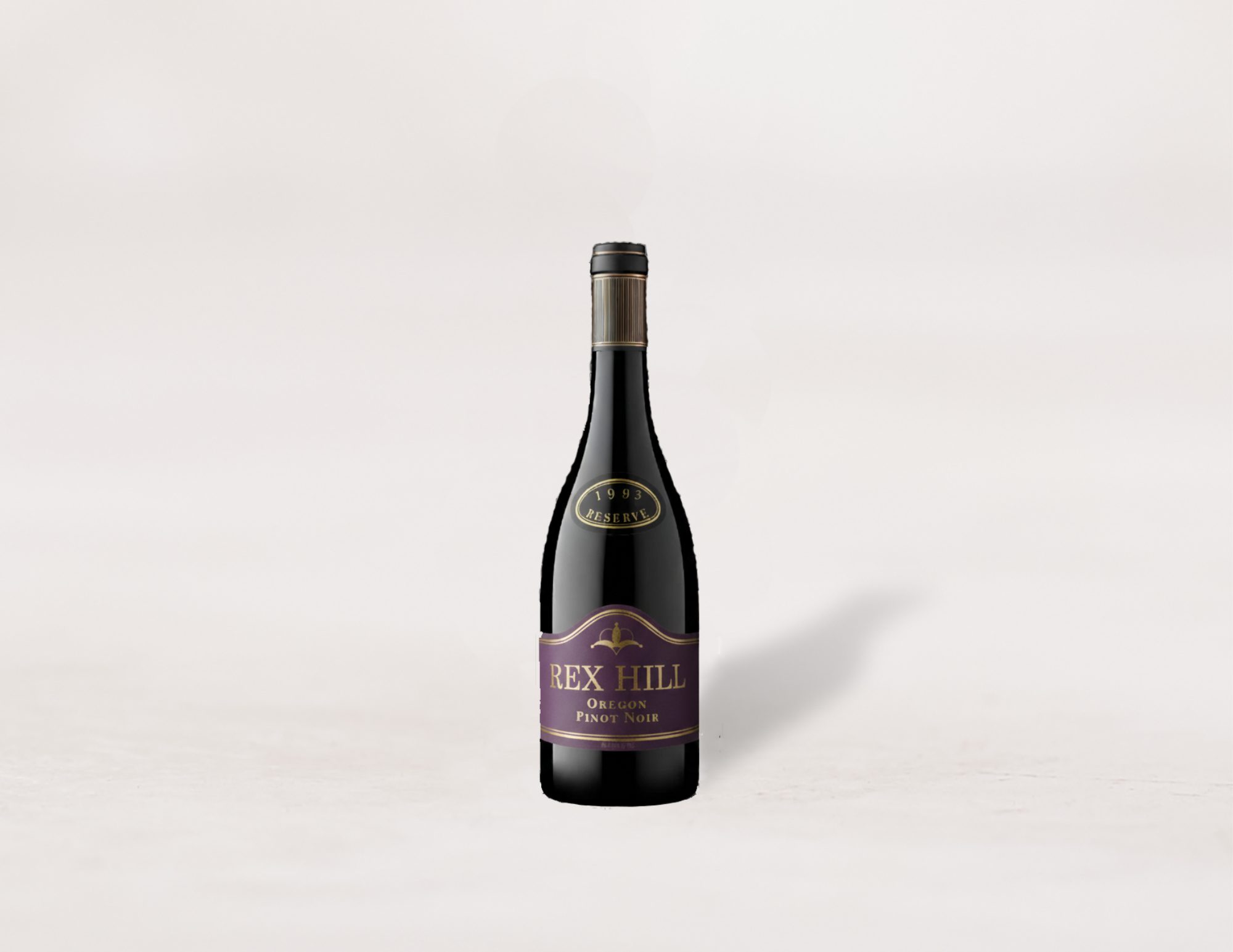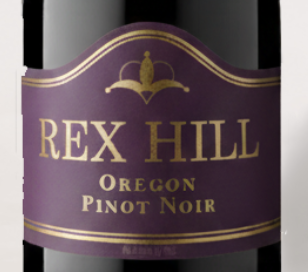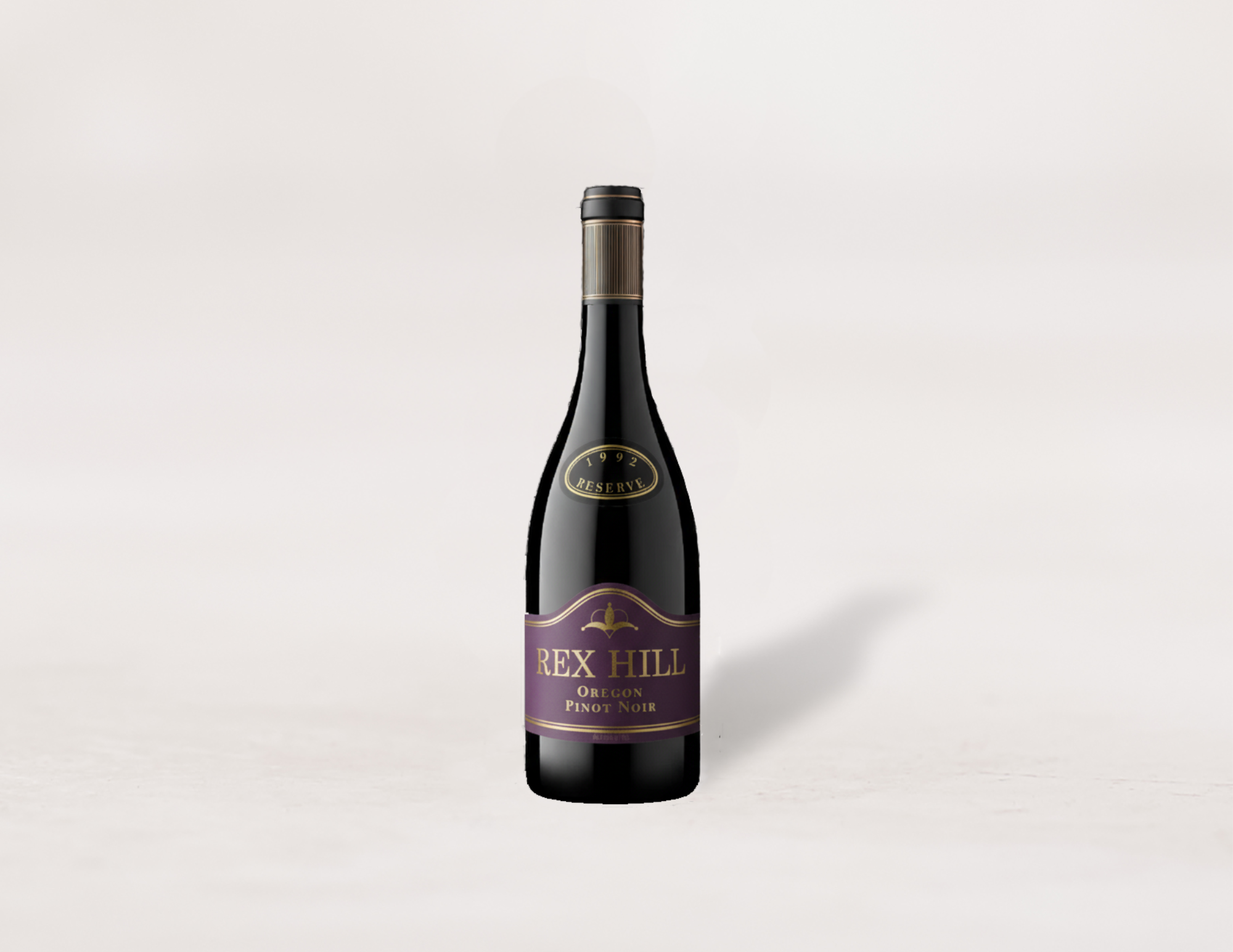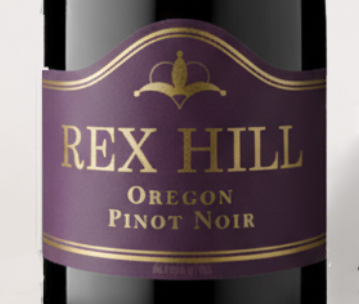The misconception that Riesling is an inherently sweet wine is finally fading from the American wine drinking consciousness–you could say the “fog of sugar” is lifting–but there are still many confusing aspects for Germanic wines. Labeling is still tricky: Take the term “Trocken,” which means dry, but is clearly not intuitive. It’s too bad, because a wine like this sizzling, soaring bottle of bone-dry Riesling is a true revelation that every one who enjoys a crackling good white wine should have the opportunity to taste. And that is exactly why I continue to feature these discoveries. We’ll keep preaching the gospel of Riesling glory, because wines like this one from the iconic estate of Jakob Kühn are just downright delicious–and you deserve that!
Those who know a bit about German wines often focus on the Mosel, but in truth there are many excellent regions, and like the Mosel most are situated on slopes that descend to winding rivers. A perfect example is the Rheingau, a pristine little stretch of vineyards that slope down towards the Rhine river just west of Frankfurt. For most of its long, meandering path the Rhine generally flows in a north/south direction, but for a few miles it turns and heads due west, setting up a steep slope that faces south. This happy anomaly makes for sun drenched vines that produce some of Germany’s most profound and age-worthy Rieslings.
The estate of Peter Jakob Kühn has been farming the steep slopes of the Middle Rheingau for over 230 years. Today it is 11th generation winemaker Peter Bernhard Kühn and his wife Viktoria at the helm, with assistance from Peter’s parents and sister as well. The Kühns were early adopters of organic farming and biodynamics–beginning the conversion 20 years ago–and are fully certified by Demeter. Their focus on the health of the vines and their blue-chip terroirs makes them a leader in the region.
The “Jacobus” Riesling Trocken is their flagship estate blend, sourced from their top vineyards and using mostly the younger vines that don’t end up in the single vineyard GGs. The fruit is gently pressed, fermented with native yeasts, and then aged for 10 months in a combination of large, neutral oak casks and stainless steel tanks. The wine is named for Jacobus Kühn, who founded the estate back in 1704. Serve this crackly, bone-dry Riesling in all-purpose glasses at a crisp 48-50 degrees. The pale, white-gold color with a hint of green at the rim will immediately offer up notes of green apple skin, white peach, lime zest, white flowers, raw almonds, and wet stones. The medium-light body has surprising depth and complexity, and the structure of minerals and laser-like acidity ensures that this “entry level” Riesling will age gracefully for five to ten years–if you can keep your hands off it!


